Membership renewals open for 2024 - Click here
The following professional and learned societies are affiliated with the ASEG through our professional networks.
 |
The Australian Geoscience Council, which was formed in 1981, comprises representatives on nine major geoscientific societies and represents over 7000 members of the geoscientific profession. The Australian Geoscience Council provides a forum for representatives of geoscientific societies and organisations to cooperate and to encourage the development of the geosciences in Australia. |
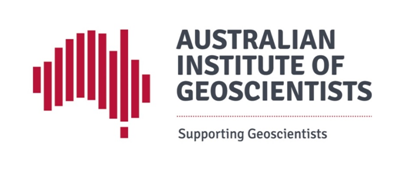 |
The Australian Institute of Geoscientists (AIG) is the leading professional institute representing geoscientists employed in all sectors of industry, education, research and government throughout Australia. AIG is a not for profit organisation, run by members for members, which aims to advance the skills, status and public perception of more than 3,000 members both within Australia and overseas. |
 |
Science & Technology Australia (STA) is Australia’s peak body in science and technology - we represent about 70,000 Australian scientists and technologists working across all scientific disciplines. STA is a respected and influential contributor to debate on public policy, providing a strong voice for those we represent |
Associated Societies
 |
The Environmental and Engineering Geophysical Society (EEGS) is an applied scientific organization founded in 1992. Their mission is to promote the science of geophysics especially as it is applied to environmental and engineering problems; to foster common scientific interests of geophysicists and their colleagues in other related sciences and engineering; to maintain a high professional standing among its members; and to promote fellowship and cooperation among persons interested in the science. |
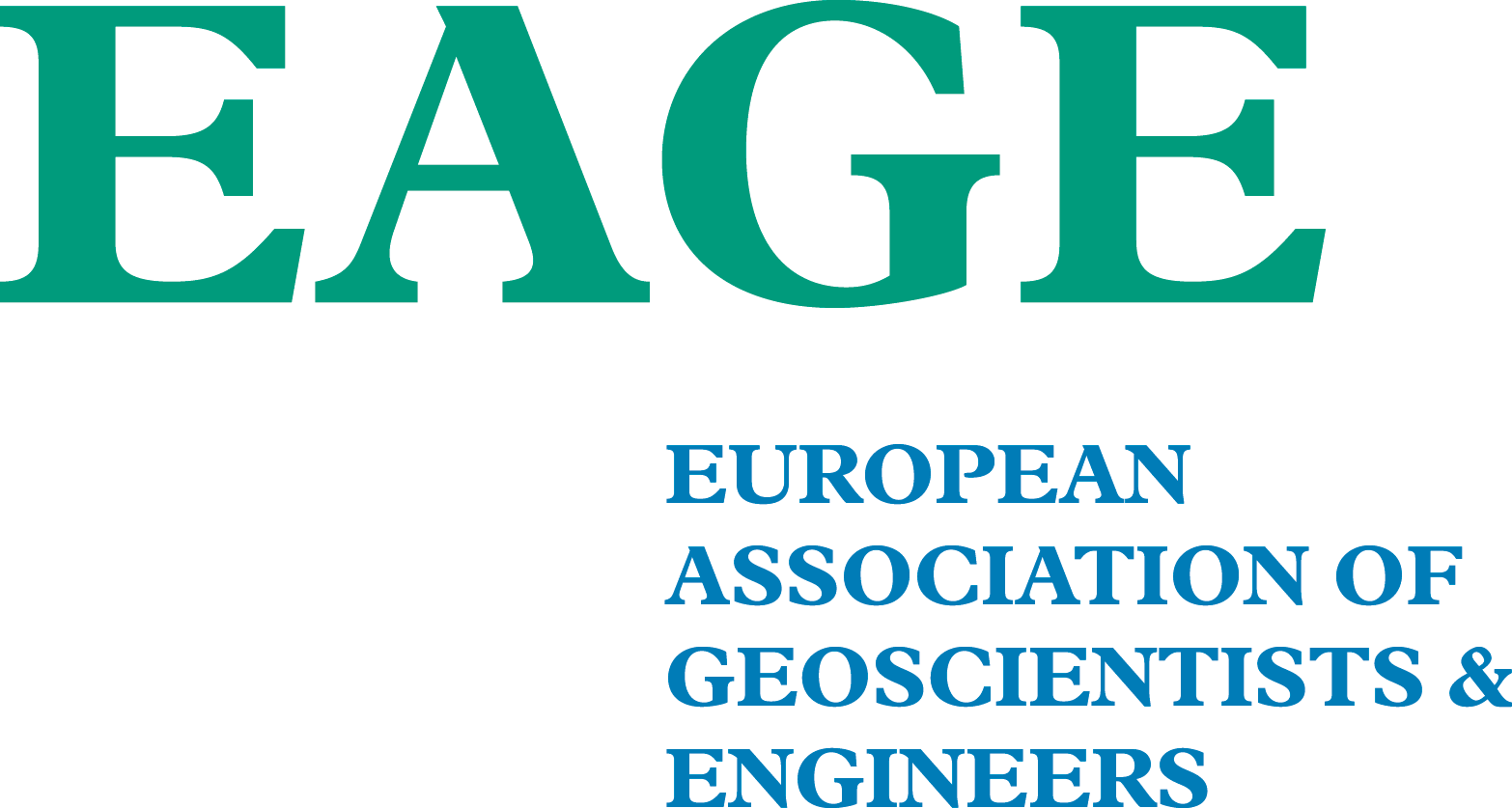 |
The European Association of Geoscientists and Engineers (EAGE) is a global professional, non-profit association for geoscientists and engineers with around 18,000 members worldwide. It provides a global network of commercial and academic professionals to all members. The association is truly multi-disciplinary and international in form and pursuits. |
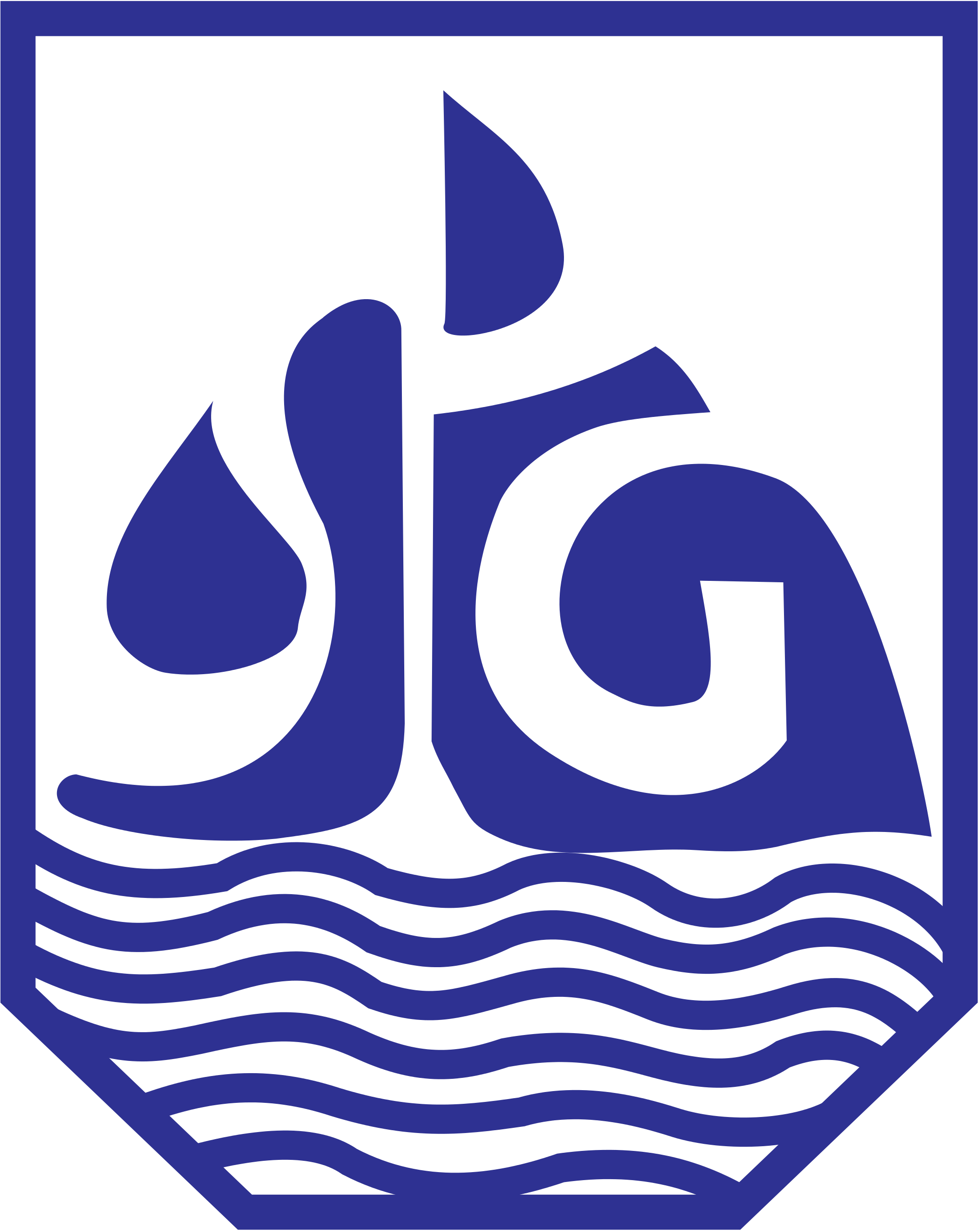 |
The Society of Petroleum Geophysicists, India was born on August 15, 1992, when about 30 Geophysicists met and resolved to form an association, for improved interaction and technical exchange. The Society was registered with the Registrar of Societies as a non-profit organization on January 4, 1993. |
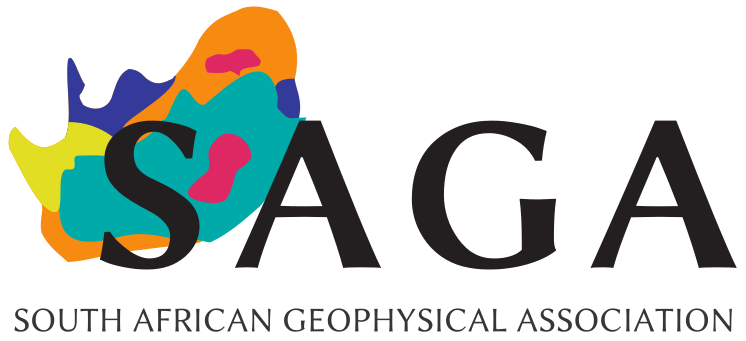 |
SAGA was founded in 1977 to foster and encourage the development of Geophysics in South Africa and has since grown to over 350 members worldwide. |
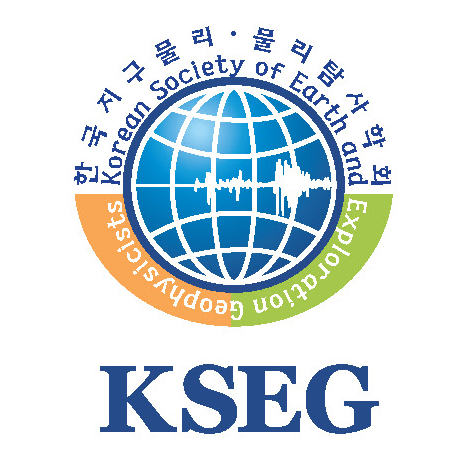 |
The Korean Society of Earth and Exploration Geophysicists (KSEG) is a professional association of geophysicists in Korea. KSEG has more than 700 members professionally involved in pure and applied geophysics. The Society was established in 2007 by the merger of the Korean Geophysical Society and the Korean Society of Exploration Geophysicists. |
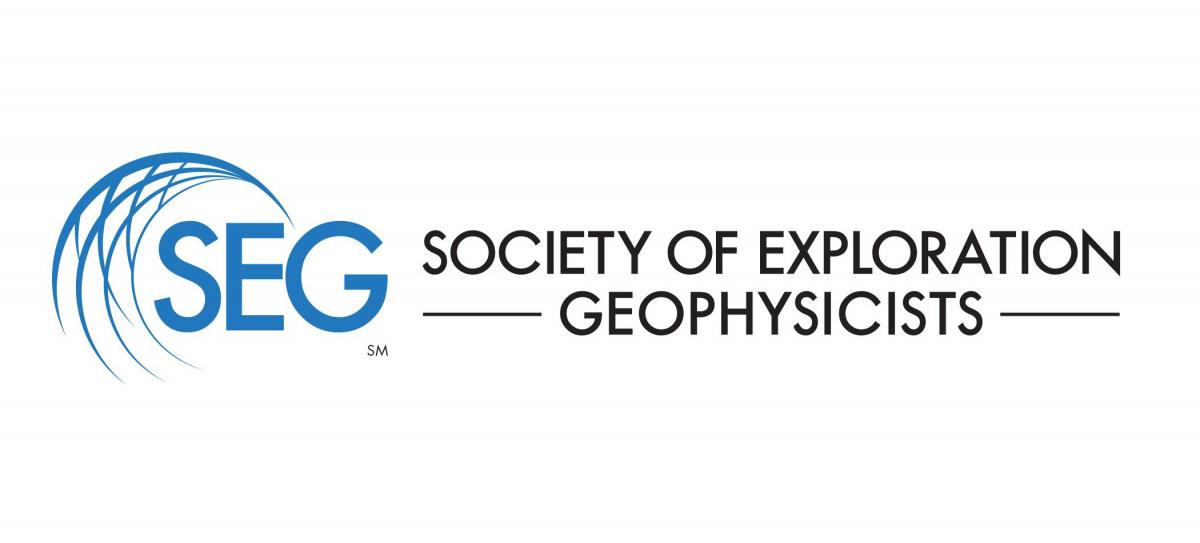 |
Founded in 1930, Society of Exploration Geophysicists "SEG" provides information, tools, and resources vital to:
|
 |
The Society of Exploration Geophysicists of Japan "SEGJ" was established in May 1948 with the objectives to promote the science and technology of geophysical exploration as well as to encourage mutual communication among the members. SEGJ was initially composed of 416 individual members and 18 corporate members. Dr. Kumiji Iida was appointed as the first president. The first issue of the journal ”Butsuri-Tanko (Geophysical Exploration)” was published just a month after the establishment. |
 |
Sociedade Brasileira de Geofísica |
|
The Chinese Geophysical Society is one of the largest society in China, and is the first-order organization under the Chinese Association of Science and Technology. In Feb. 1947, four Scientists, Chen Zongqi, Gu Gongxu, Wang Zhizhuo and Weng Wembo proposed to launch the CGS. In August 1947, CGS was founded in Shanghai, Mr. Chen Zongqi was voted as the first president of council. Based on nine primary subjects, Geodesy, Seismology, Meteorology, Geomagnetism, Geoelectricity, Volcanology, Hydrology, Tectonophysics and Applied geophysics, CGS originated Journal of the Chinese Geophysical Society and set up a committee for examining and approving the geophysical terms, and ascertained organizing academic exchange and publishing as the main actives of society. |
|
 |
Geophysical Society of Mongolia |
